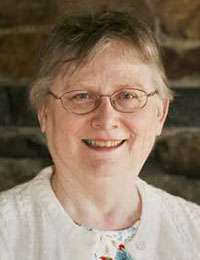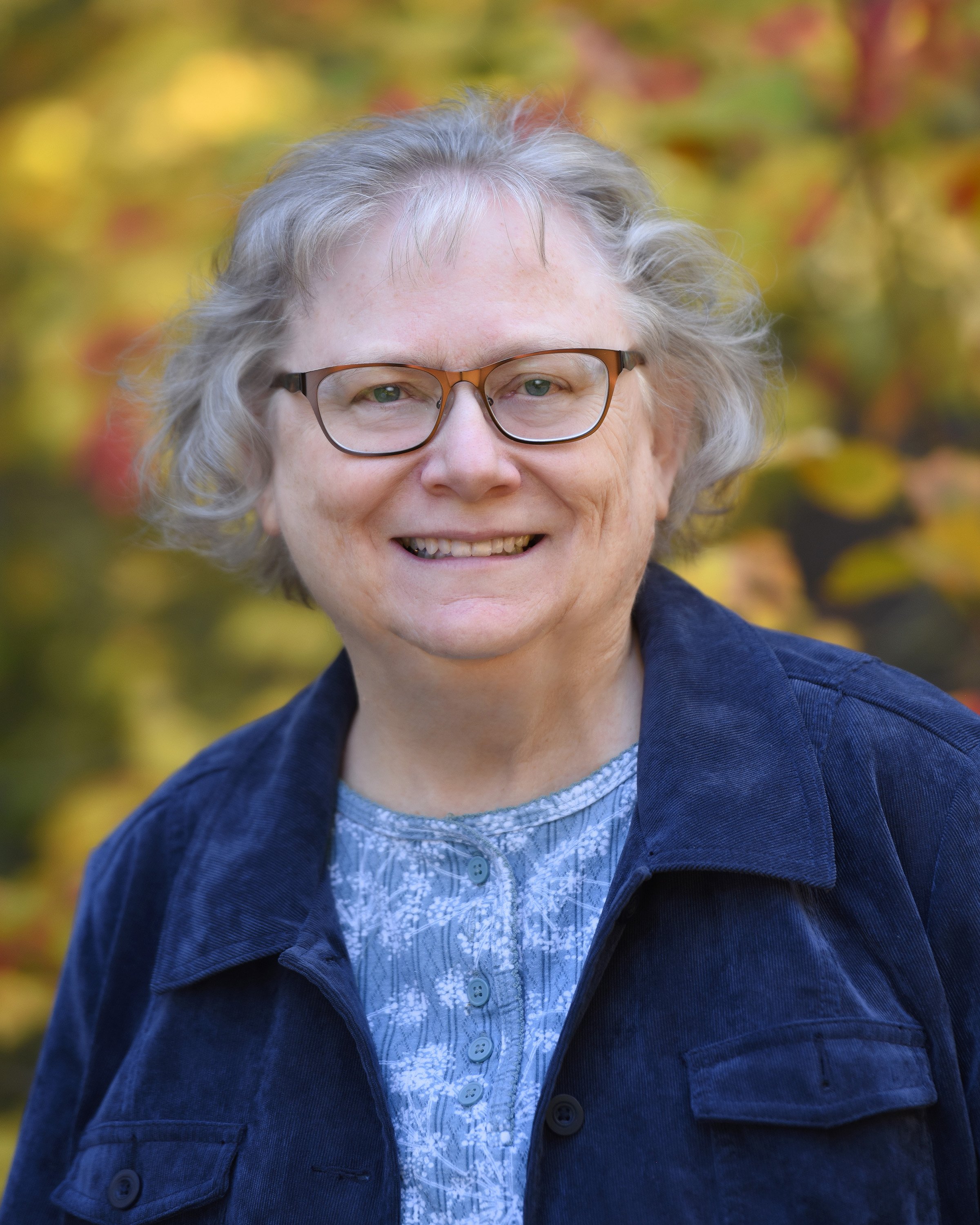 In his 1693 will, Richard Martyn of Portsmouth, New Hampshire, directed that all the books his third wife “brought with her to my house” be returned to her. Curiosity sent me off on a tangent (it doesn’t take much to distract me) to see if I could identify those books or where she got them. Mrs. Martyn was Elizabeth (Sherborn) (Langdon) (Lear) Martyn, daughter of Henry Sherborn and previously wife of Tobias Langdon and Tobias Lear. So far, the answer eludes me, but I did find some interesting collateral information in the process.
In his 1693 will, Richard Martyn of Portsmouth, New Hampshire, directed that all the books his third wife “brought with her to my house” be returned to her. Curiosity sent me off on a tangent (it doesn’t take much to distract me) to see if I could identify those books or where she got them. Mrs. Martyn was Elizabeth (Sherborn) (Langdon) (Lear) Martyn, daughter of Henry Sherborn and previously wife of Tobias Langdon and Tobias Lear. So far, the answer eludes me, but I did find some interesting collateral information in the process.
There were some well educated women among the settlers of early New England, in large part because of the Puritan belief that each person, male or female, should read the word of God for him or herself. Access to books, though, often depended on husbands and fathers who were educated themselves, such as ministers and colonial leaders.
Nathaniel Morton of Plymouth was survived by four daughters, and he obviously had seen that they were exposed to good reading material. In his 1685 will, he bequeathed his Great Bible to daughter Remember Jackson “according to her mother’s desire.” To daughter Lydia Elliston, he left “two small books – one entituled Mr. Wigglesworth’s Verses and the other pened by one Gray, a Scotish man.” They might have been small books, but their official titles are hefty: The day of doom: or, A poetical description of the Great and Last Judgment: With a short discourse about eternity and Great and precious promises, or, Some sermons concerning the promises, and the right application thereof; whereunto are added some other concerning the usefulnesse of faith in advancing sanctification….! Daughters Hannah Bosworth and Joanna Prince had to share the book he described as “Mr. Burrows upon the Three First Chapters of Hosea,” which would go to whichever lived the longest. To his wife Ann Nathaniel gave a “book styled The Whole Armour of God.”
Widow Sarah (Jones) (Bulkeley) Wilson, whose first husband was Thomas Bulkeley of Fairfield, Connecticut, was the daughter, daughter-in-law, and sister-in-law of ministers. She devised her own substantial library of fourteen books to her children in 1658. Daughter Sarah received A Learned and Profitable Treatise of God’s Providence, and daughter Rebecca got the undoubtedly practical The Cure of Cares, or a short discourse declaring the condition of worldly cares: with some remedies appropriated to them.
I doubt that I will have occasion to read any of these fine volumes, but I do like to imagine what it might have been like to be one of these ladies curled up with a “good” book on a rainy day.
Share this:

About Alicia Crane Williams
Alicia Crane Williams, FASG, Lead Genealogist of Early Families of New England Study Project, has compiled and edited numerous important genealogical publications including The Mayflower Descendant and the Alden Family “Silver Book” Five Generations project of the Mayflower Society. Most recently, she is the author of the 2017 edition of The Babson Genealogy, 1606-2017, Descendants of Thomas and Isabel Babson who first arrived in Salem, Massachusetts, in 1637. Alicia has served as Historian of the Massachusetts Society of Mayflower Descendants, Assistant Historian General at the General Society of Mayflower Descendants, and as Genealogist of the Alden Kindred of America. She earned a bachelor’s degree from the University of Connecticut and a master’s degree in History from Northeastern University.View all posts by Alicia Crane Williams →